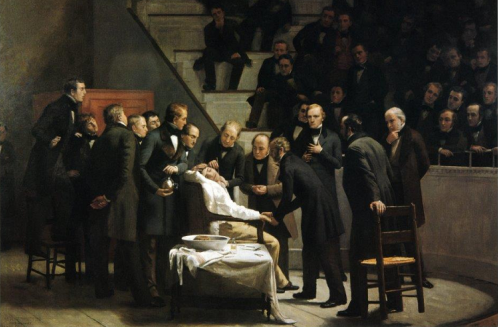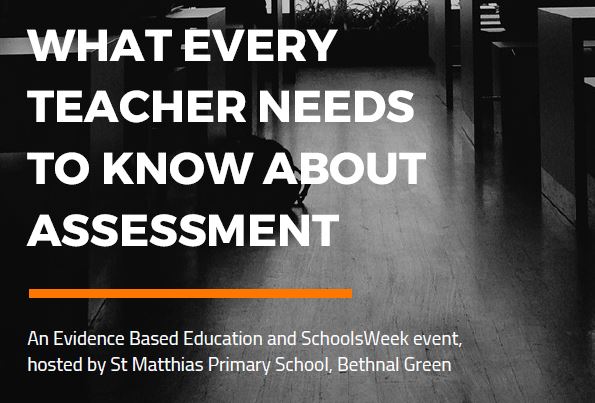Those small things again
Friday evening (Dec 14th) I fell into a conversation with a former teaching colleague via a Twitter follow that continued over the weekend. I am not going to sugar-coat it, the conversation that followed was the highlight of my day, possibly …







